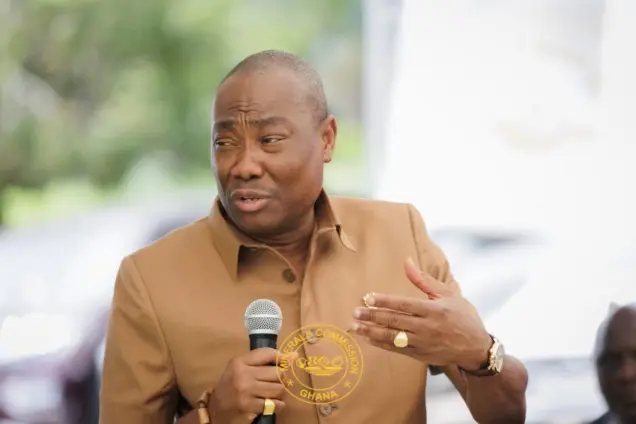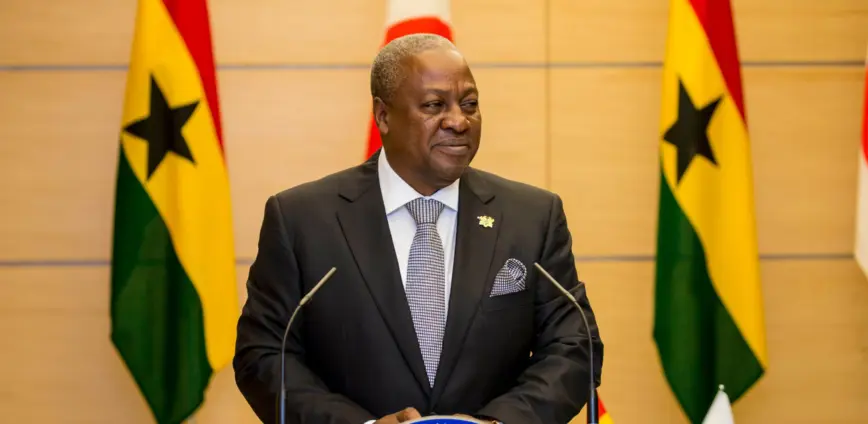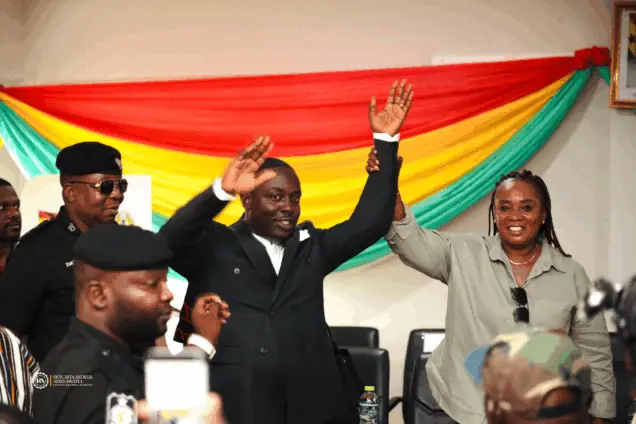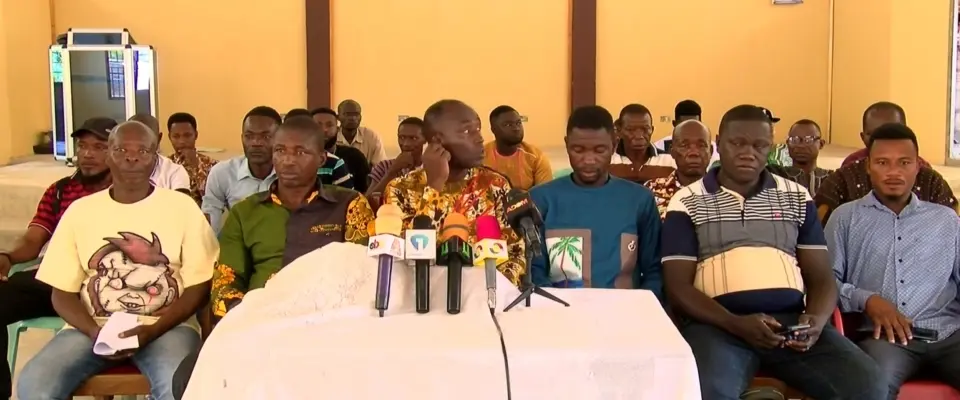Coming events, they say, cast their shadow. This axiom, deeply rooted in the predictability of future outcomes, finds resonance in the Akan saying, “AgorƆ b3sƆ a, efiri anƆpa“, which translates to “The enjoyability of a performance should be determinable right from the start.” This blog post delves into President Mahama’s ambitious “Reset Agenda” for Ghana, specifically examining the initial 120-day social contract and its implications for the nation’s future. Drawing directly from President Mahama’s address and subsequent analyses, we explore the promises made, the progress achieved, and the road ahead in building a better Ghana. Was the 120-day benchmark met? What were the key successes and shortcomings? And what does this initial period reveal about the overall trajectory of the Reset Agenda? This analysis provides a comprehensive overview of the critical first steps taken towards reshaping Ghana’s future.
The concept of evaluating a new government’s performance within its early days is not new. Traditionally, the first 100 days of a new administration serve as a crucial benchmark for assessing its initial success and overall direction. While this period carries no legal mandate, it offers a significant insight into a leader’s priorities and potential legacy. Key aspects of this evaluation include assessing the tone set by the new government, legislative achievements made, public perception garnered, and the early stages of legacy formation. In a departure from this convention, President Mahama introduced a 120-day social contract as part of his Reset Agenda.
This contract, distinct from the broader party manifesto, outlined 25 specific promises across key sectors of the Ghanaian economy. It was strategically positioned as a performance-based commitment, designed to demonstrate measurable progress within the first four months of his administration. This initial period was intended to provide tangible evidence of the government’s dedication to fulfilling its pledges and setting the stage for more comprehensive reforms. One of the critical promises made within the 120-day contract was the nomination of the complete list of Cabinet Ministers within the first 14 days.
Other key deliverables included constituting the leanest and most efficient government under the fourth republic within 90 days, scrapping specific taxes such as the E-levy, COVID levy, bet winnings levy, and Emissions levy within 90 days, and reviewing taxes and levies on vehicles and equipment for industrial and agricultural purposes also within 90 days. On May 7, 2025, President Mahama addressed the nation, asserting the fulfillment of the promises made within the 120-day contract. “We made promises, and we have delivered them,” he declared, marking the end of the initial benchmark period and inviting public scrutiny of his administration’s achievements under the Reset Agenda.
An independent analysis by Ghana Fact’s Promise Meter provided an objective assessment of the contract’s fulfillment. According to their data-driven evaluation, 52% of the promises, totaling 13 out of the 25 commitments, were successfully kept. The remaining promises were categorized across several performance metrics: broken, partially kept, or in progress, each accounting for approximately 16% of the total. This nuanced assessment painted a more complex picture than the President’s outright declaration of complete fulfillment. Successfully implemented promises included [Specific examples of promises kept]. However, promises that were not fully met faced scrutiny due to [Reasons or justifications for not meeting promises].
| Promise Category | Number of Promises | Description |
|---|---|---|
| Kept | 13 | Promises that were fully implemented. |
| Broken | 4 | Promises that were not implemented. |
| Partially Kept | 4 | Promises where some progress was made but not fully completed. |
| In Progress | 4 | Promises where work is ongoing. |
Panelists on TV3 discussed the implications of the 120-day contract both before and after President Mahama’s address. The consensus suggested the value of implementing similar social contracts moving forward, noting their potential to enhance government accountability and transparency. President Mahama’s agenda to reset Ghana is being tracked with mechanisms like this Social Contract.
Ghana’s Reset Agenda, as evidenced by the initial 120-day social contract, presents a mixed bag of successes and challenges. While President Mahama declared fulfillment of promises, independent analyses provide a more nuanced perspective. The journey of a thousand miles begins with a single step, and in the case of Ghana, the initial steps taken under the Reset Agenda provide valuable insights into the path forward. Continued efforts, accountability, and data-driven assessment will be crucial in building the nation Ghanaians aspire to. The 120-day benchmark, despite its limitations, serves as a critical tool for tracking progress and ensuring that the promise of a better Ghana remains within reach.
Image Source: MYJOYONLINE






















